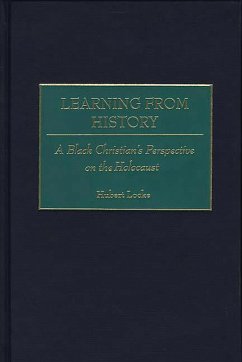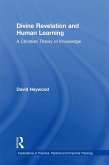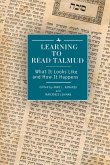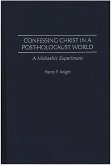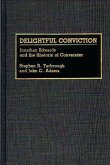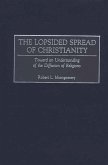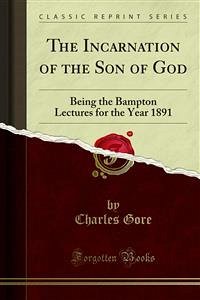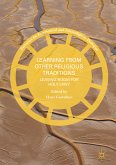Because the Holocaust, at its core, was an extreme expression of a devastating racism, the author contends it has special significance for African Americans. Locke, a university professor, clergyman, and African American, reflects on the common experiences of African American and Jewish people as minorities and on the great tragedy that each community has experienced in its history-slavery and the Holocaust. Without attempting to equate the experiences of African Americans to the experiences of European Jews during the Holocaust, the author does show how aspects of the Holocaust, its impact on the Jewish community worldwide, and the long-lasting consequences relate to slavery, the civil rights movement, and the current status of African Americans.
Written from a Christian perspective, this book argues that the implications of the Holocaust touch all people, and that it is a major mistake to view the Holocaust as an exclusively Jewish event. Instead, the author asks whether it is possible for both African Americans and Jewish Americans to learn from the experience of the other regarding the common threat that minority people confront in Western societies. Locke focuses on the themes of parochialism and patriotism and reexamines the role of the Christian churches during the Holocaust in an effort to challenge some of the prevailing views in Holocaust studies.
Written from a Christian perspective, this book argues that the implications of the Holocaust touch all people, and that it is a major mistake to view the Holocaust as an exclusively Jewish event. Instead, the author asks whether it is possible for both African Americans and Jewish Americans to learn from the experience of the other regarding the common threat that minority people confront in Western societies. Locke focuses on the themes of parochialism and patriotism and reexamines the role of the Christian churches during the Holocaust in an effort to challenge some of the prevailing views in Holocaust studies.

